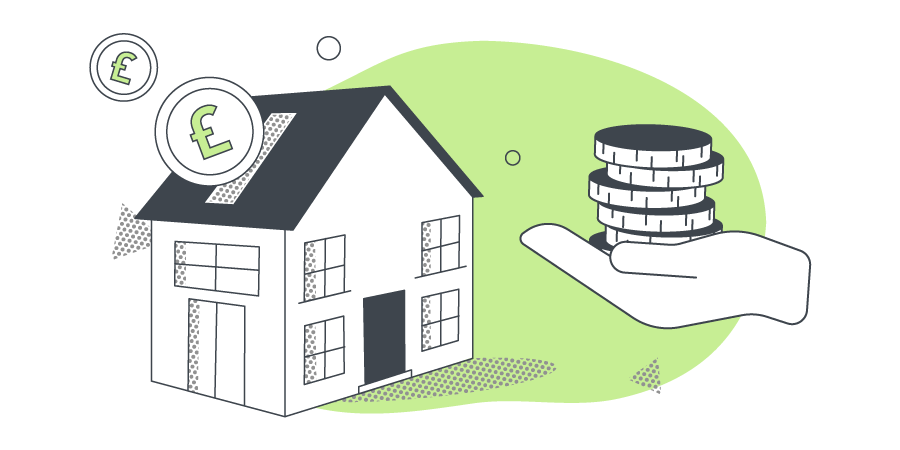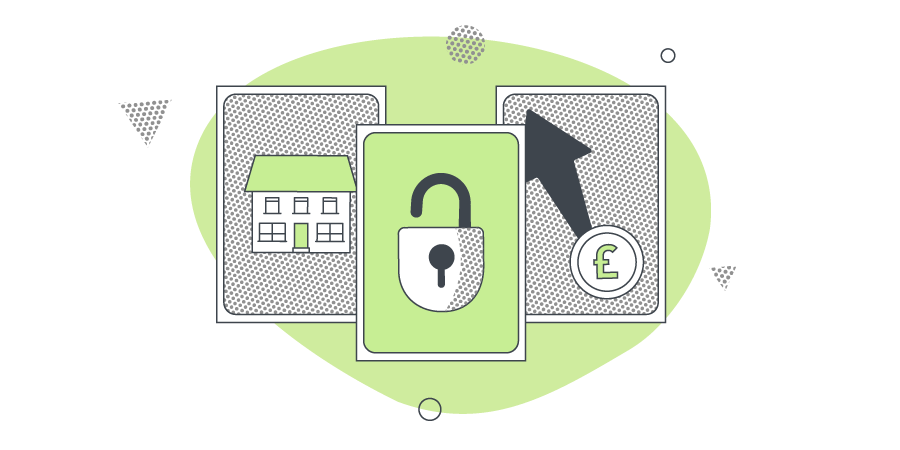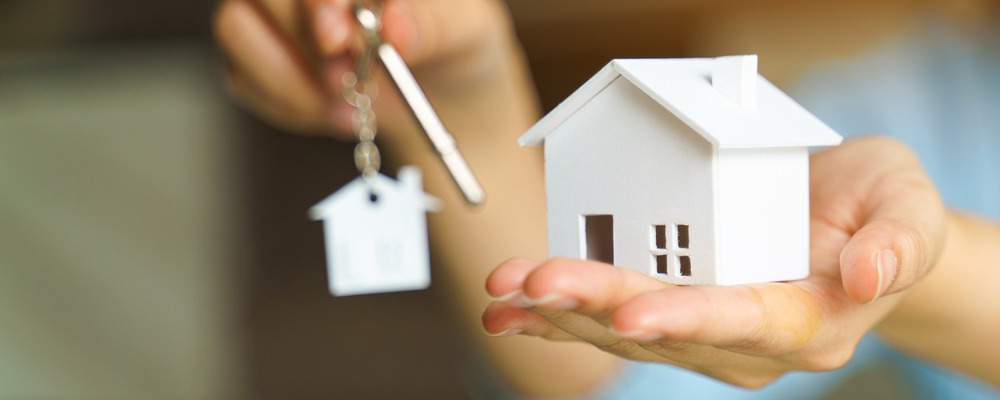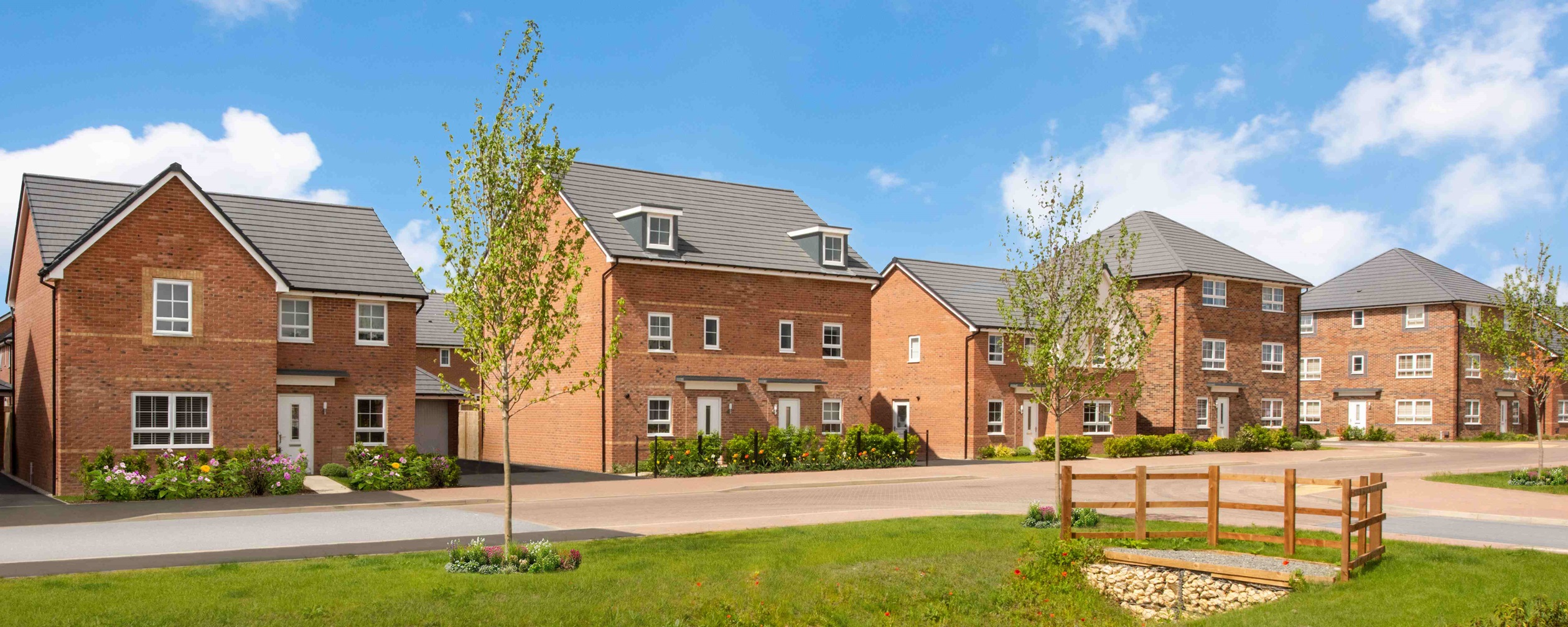
Key Takeaways
Advantages of Homeownership:
Disadvantages of Homeownership:
Why is owning your own home important?
The pros and cons of owning your own home
Owning your own home is usually a great investment for the future, offering a level of stability that’s important both practically and emotionally. However, homeownership isn’t for everyone – at least not at every stage of life.Before starting the buying process, you’ll need to consider your finances, your lifestyle, and your plans for the months and years to come.
Key advantages of homeownership:
An asset for the future
Buying a house is an important long-term investment. Instead of losing out on the money you spend on rent, your monthly mortgage payments become an investment in your future.
It makes financial sense
If your property increases in value through market conditions or the improvements you make, the financial gains will be yours. In many situations, paying a mortgage can also work out cheaper than rent – especially once you've built up equity.
And once you’ve paid off a certain amount of your mortgage, options exist that could allow you to release equity from your home to help you redecorate your home, fund your retirement or support your family.
Control over your living situation
When you buy a home, you can decorate and design to suit your lifestyle, without worrying about a landlord’s permission. You can also invest in quality furniture, appliances and homeware that will be durable for years to come. Or spend time and money on a garden knowing the enjoyment and value it creates will all be yours.
Disadvantages of owning your own home:
When it comes to the actual buying process, it’s worth noting that you will need to factor in legal fees, moving fees, taxes, and other expenses like Stamp Duty . For more on the costs associated with buying a house, click here.
Your property value can fall
While it’s true your home can increase in value, it’s good to be aware that it can also fall in value too. But keep in mind that buying a home is a long-term investment, so this hopefully shouldn’t be a problem.
Home maintenance costs
From broken boilers to roofing repairs, you’ll need to make sure you have funds set aside for home repairs as it will be your responsibility when things go wrong. For your peace of mind, all Barratt Homes are protected by an NHBC warranty and insurance policy, known as Buildmark, which includes a 2 year builder warranty period, followed by an 8 year insurance cover.
You’ll also need to consider building and contents insurance.
Is renting right for you?
The pros and cons of renting a property
If you don’t own your own home, the chances are you’ll be renting from someone else. Now we’ll explore the pros and cons of renting.What are the pros of renting a home?
Flexibility
Renting a home gives you flexibility. If you need to relocate frequently for work, renting means you can easily give notice and move on. Or if you discover you’re having triplets, you may be able to achieve the space you need by finding a new rental. It’s not always so simple (or quick) when you own your own home.
Short-term commitment
Finding and renting a home can be quicker and easier than searching for and purchasing a property.
Less responsibility
When you are renting, your landlord is responsible for repairs, renovations, maintenance and associated costs. You shouldn’t need to worry about unexpected home expenses, though you may be reliant on your landlord solving problems promptly.
Affordability
Renting means that you may be able to access a home that would otherwise be outside of your budget were you looking to buy. You also won’t need to pass the financial tests involved in getting a mortgage.
What are the cons of renting a home?
Rent is an expense, not an investment
A big disadvantage of renting is that the money you spend each month on rent goes into someone else’s pocket. Instead of investing in your future, that rent money is gone forever.
Rent can be more expensive than a mortgage
When you start renting a property, you’ll likely need to pay a large deposit plus one month’s rent – and there’s no guarantee that your landlord will return your deposit at the end of the tenancy.
Unable to personalise your home
If you want to make any changes to the property you’re renting, you’ll need to consult your landlord and gain approval before you start. And if this work increases the property’s value, it will ultimately only benefit your landlord.
Lack of stability
Landlords can increase your rent whenever they or the market decide. There may also be tenancy rules and even notices to vacate, making it hard to plan for the future.
You could also think about how renting might impact you financially when you retire. If you haven’t purchased a property, you’ll still need to find the money for monthly rent, on top of your bills.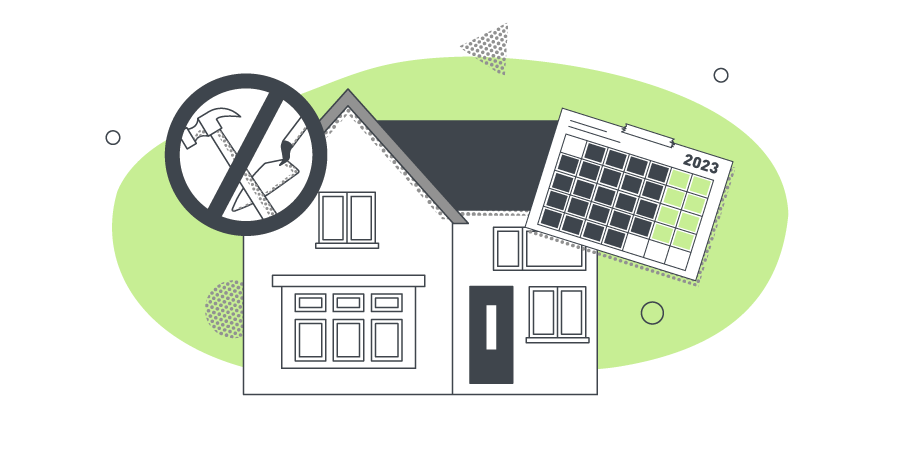
Starting your search for a new home: 5 things to consider
If you’re keen to own, there are a few things to think about before you buy.
1. What is your budget?
It’s always good to determine what you’re able to afford before you start searching – and be sure to take homebuying expenses into account, such as conveyancing fees and stamp duty.
2. Where do you want to live?
This will help you focus and may keep you from getting overwhelmed during your search. Depending on your aims, local schools and amenities may also be priorities.
3. Will the neighbourhood have an impact on your home’s future value?
It’s always a good idea to consider the neighbourhood’s prospects. New infrastructure or regeneration schemes could also have a huge impact on your home’s value.
4. What key features are you looking for?
Outline your must-haves and your nice-to-haves. This should help streamline your search.
5. Do you need professional advice?
As the UK’s leading homebuilder we take enormous pride in our customer service, which is why, once you find a development you’re interested in, our expert Sales Advisers are on hand to support you at each step of the process. From sourcing estate agents to finding a New Homes Mortgage Adviser, we help to ensure that your move is as quick and hassle-free as possible.
For more tips and tricks on finding a new-build home suited to you and your needs, check out our article on searching for a new home.
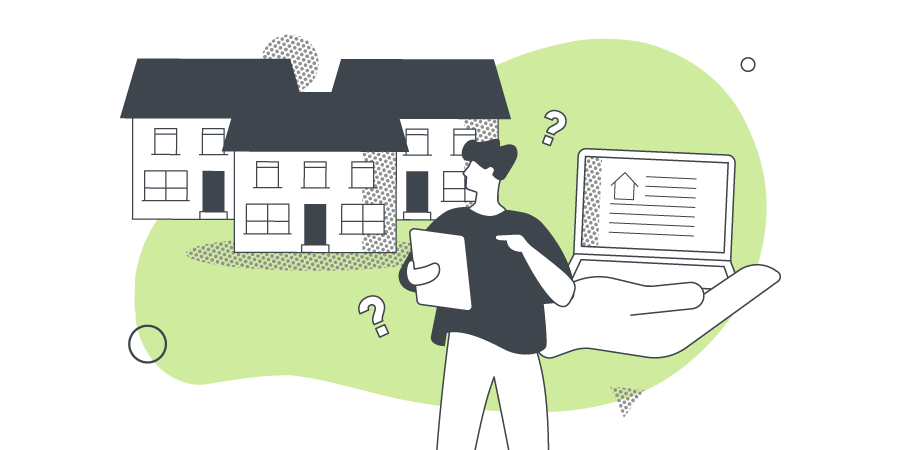
What kind of help is available for a new-build homebuyer?
At Barratt Homes, we offer a great range of schemes designed to make affording and moving into your new home simpler.Here are some of our most loved schemes:
- Deposit Unlock - this is available to first-time buyers and existing homeowners and means you could buy a brand-new home with just a 5% deposit.
- Deposit Boost - if you have a 10% deposit, we could boost it with a further 5% of the purchase price, giving you a 15% deposit in total. This means you need to borrow less from a lender and could even secure a more competitive mortgage rate.
- Part Exchange - if you’re keen to move quickly, our Part Exchange scheme can help. We could be your guaranteed buyer, so you can avoid the hassle of being in a property chain and paying estate agent fees. You could even stay in your current home until your new one is ready.
Buying brand-new with Barratt Homes
Deciding whether or not to buy a home is an important decision. If you’re interested in a Barratt home, we are here to help. From our commitment to green spaces and biodiversity to lowering bills through energy efficien design there are many reasons to buy brand-new with us.
If you’re ready you to start your search, why not explore our exciting new developments today.
